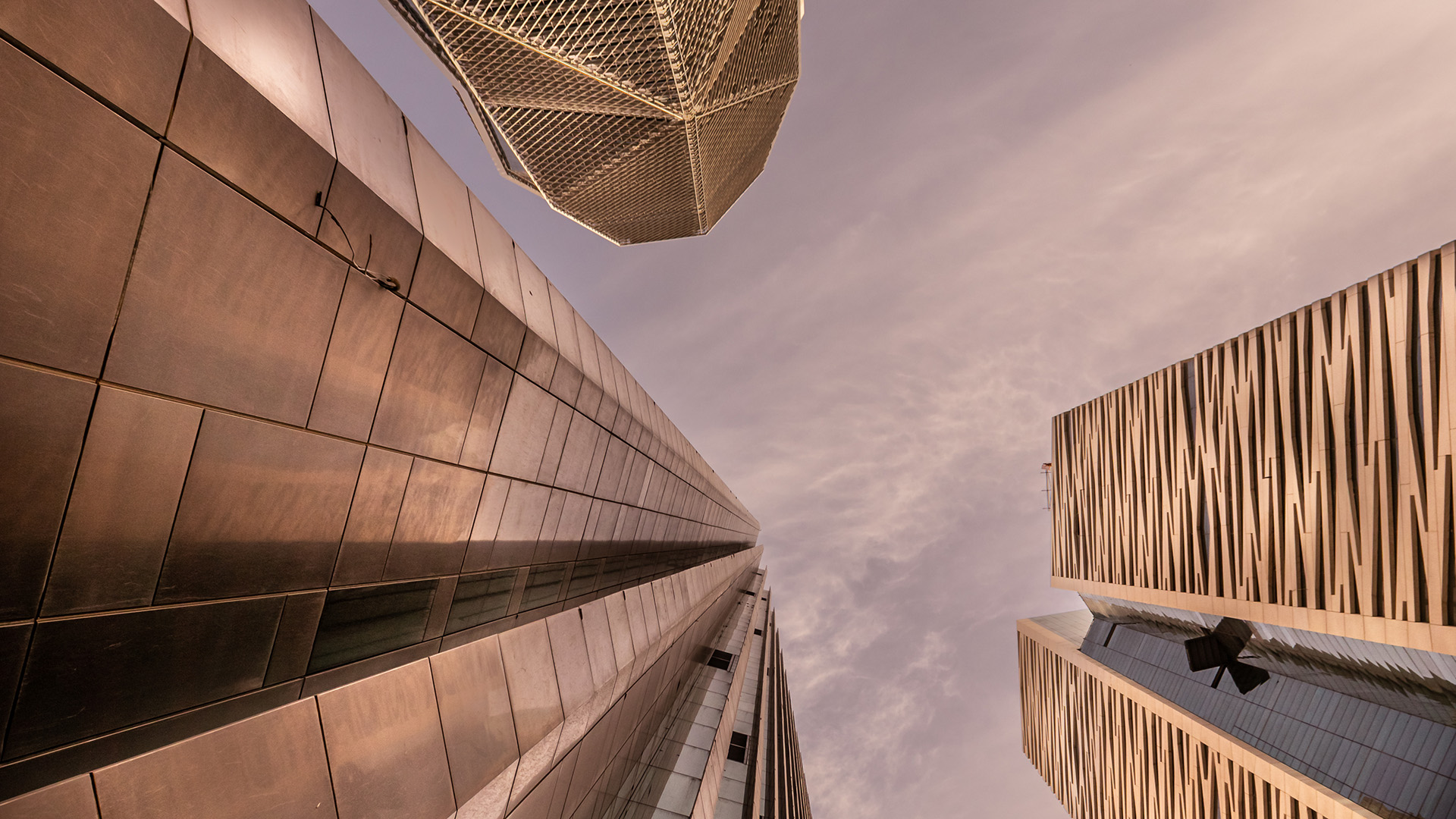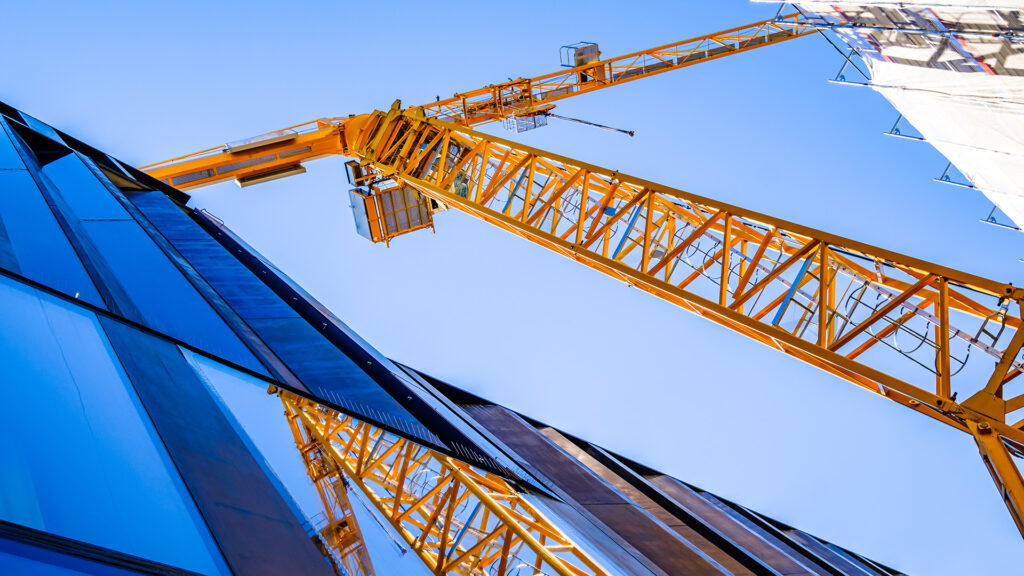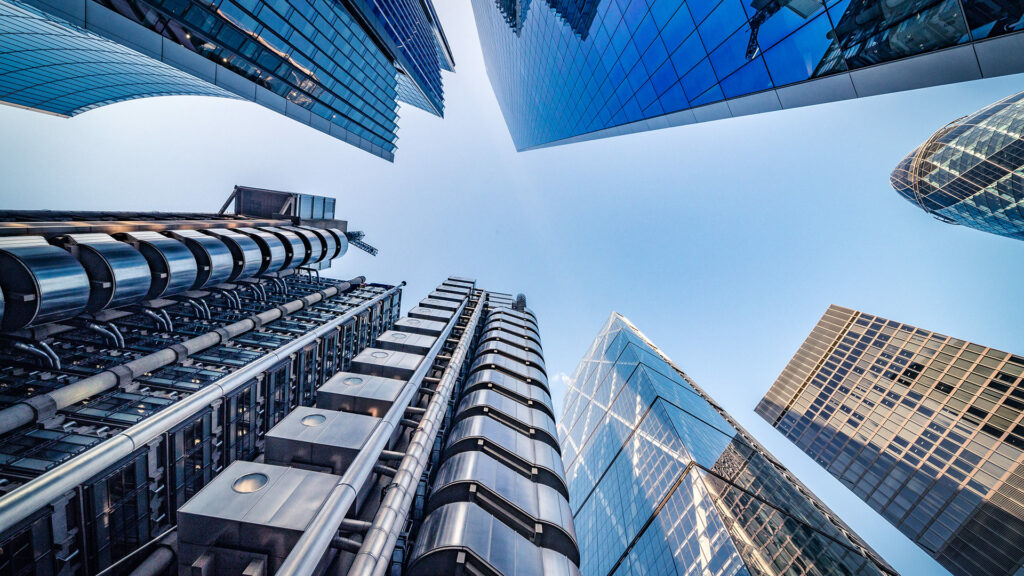
Saudi Arabia’s Landmark Reform on Foreign Real Estate Ownership
Saudi Arabia is currently the focus of the world’s construction industry. Approximately USD 1.8 Trillion worth of projects have been approved or are under construction.
Observers will be familiar with the high-profile ‘giga-projects’ such as Neom (which includes The Line) and developers such as ROSHN (creators of multiple large-scale integrated communities).
Perhaps a less discussed aspect of Saudi’s development is the real estate sector. At the time of writing, it is estimated that USD 1.8 Billion of housing projects are under construction. Saudi Vision 2030 aims to promote home ownership amongst Saudi nationals to above 70%. Demand for ‘keys’ is increasing due to international events being hosted in the country such as Expo 2030 and the FIFA World Cup in 2034.
On 8 July 2025 the Saudi Cabinet approved a new legal framework that allows non-Saudi individuals and entities to own and invest in real estate across the Kingdom. Investment will also be allowed in previously restricted areas such as Makkah and Madinah.
This reform represents a seismic change in the Saudi real estate market and investment landscape. The move is anticipated to substantially boost real estate development and Foreign Direct Investment (FDI) into the Kingdom.
Legal Context and Reform Highlights
Prior to the approved amendments, the foreign ownership of real estate in Saudi Arabia was heavily restricted, particularly in the holy cities Makkah and Madinah. The newly approved “Saudi Property Ownership Law for Foreigners” and accompanying Regulations (Law) will be permitting foreign access to the market subject to certain conditions and oversight mechanisms.
Full details of the Law are not yet known. We will release a full analysis of the Law’s provisions when it is published in the Gazette (Um Al Qura). Our understanding however, is that the Law’s intent is to facilitate home ownership as opposed to trading / flipping, and we anticipate that it’s terms will reflect that.
A summary of the Law’s key features is set out below.
Key features
Expanded Ownership Rights: Foreign individuals and companies will be able to own property in designated economic zones and major urban centres, including Makkah and Madinah, subject to regulatory approval.
Streamlined Procedures: Better and more streamlined processes for property registration, documentation, and transfer will be introduced.
Transparency and Accountability: The Law will give certainty and security to those investing by promoting clear ownership and title registration processes, due diligence procedures, and mechanisms for ensuring compliance with zoning and development regulations.
Complementary Measures: To facilitate the Law, we understand the Government intends to introduce further rules, including taxation on unused land, permitting development of previously restricted land, and institutional investment mechanisms such as REITs.
Legal Considerations for Investors
Whilst the reform is hugely exciting, and opens huge doors for foreign investors looking to participate in Saudi’s fast-developing economy, caution is still recommended. Like with any investment in real estate, in any country, purchasers will need to take advice on the detail of the Law. Key considerations are likely to include zoning restrictions, caps on foreign ownership in certain locations or sectors, and compliance with anti-money laundering and corporate governance requirements.
Market Implications
The reform is expected to be transformative for the Saudi real estate market, which is a fast-growing sector, and contributed approximately 14% of national GDP in 2024. According to CBRE, real estate transactions in Q1 2025 alone reached USD 29 Billion, driven by strong demand in residential, office, and hospitality sectors.
Additionally, the decision supports Saudi Arabia’s ambition to attract USD 100 Billion in annual FDI by 2030. In Q1 2025, FDI inflows reached USD 6.4 Billion, reflecting a 24% year-on-year increase.
Conclusion
Saudi Arabia’s decision to liberalize foreign ownership of real estate represents a bold step toward economic diversification and global integration. For international investors, developers, and private owners this reform presents opportunities within a better-defined regulatory landscape. As this regulatory landscape continues to evolve, proactive legal guidance will be essential to navigate its complexities.
HFW’s Riyadh team has extensive experience assisting foreign clients with company set up and FDI and, more broadly, in the range of activities clients participate in within the Saudi construction sector. If you would like to understand more on how to invest in Saudi’s real estate market, or need advice in relation to construction activity in Saudi, please do not hesitate to reach out to any of the authors of this article.
Sultan Almutairi, Trainee Solicitor, assisted in the preparation of this briefing.









